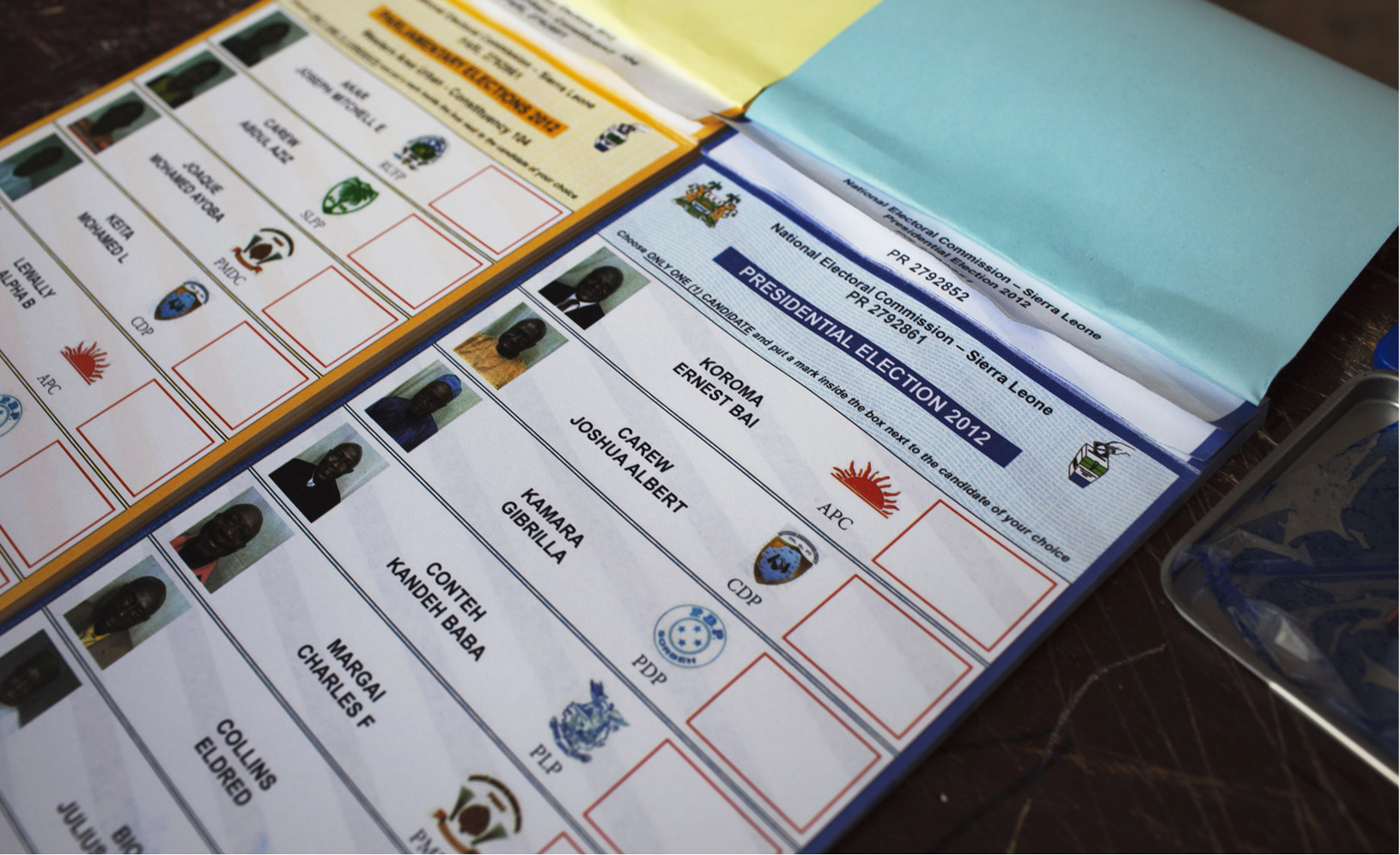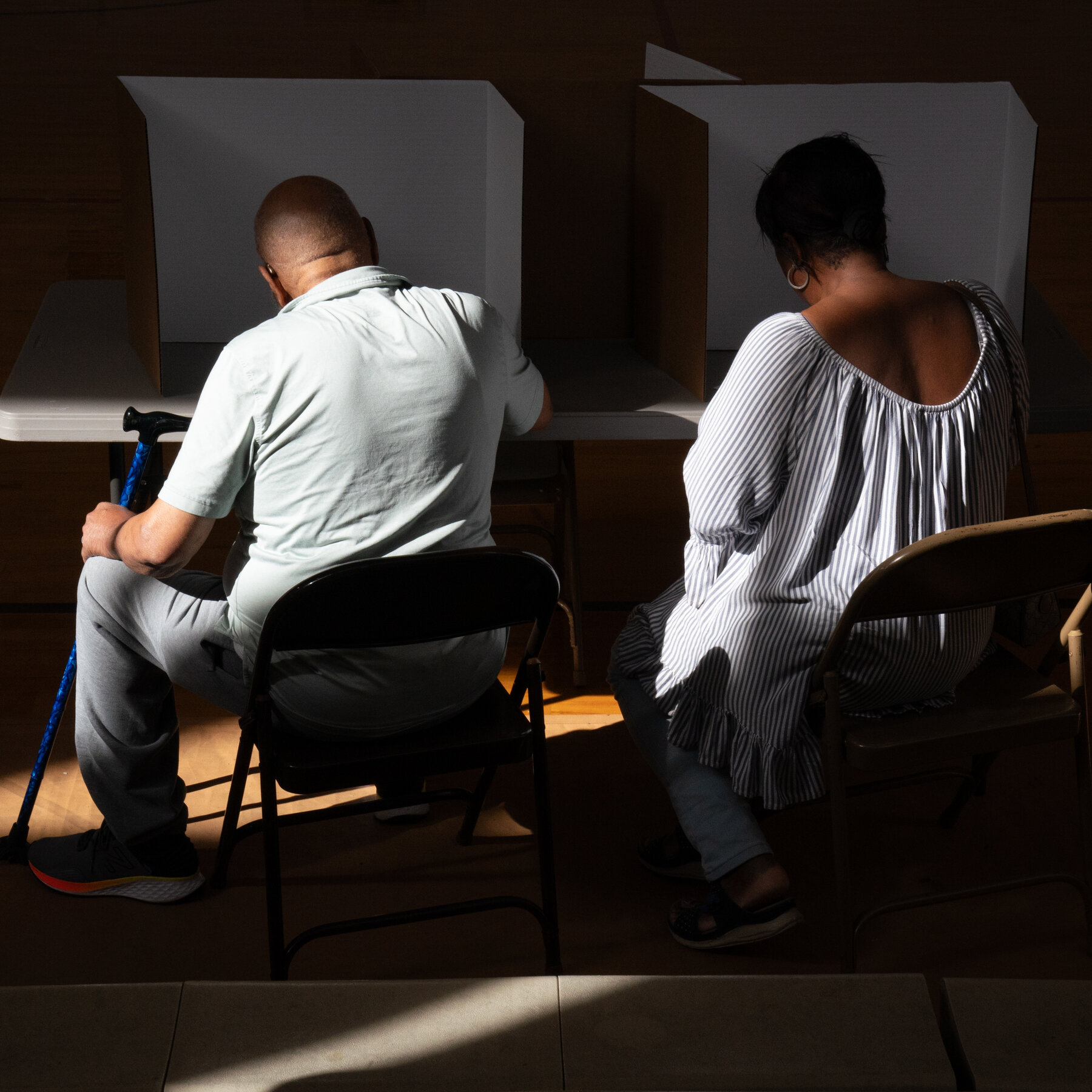Years ago, political scientists Chryl Laird and Ismail White found a clever way to study how Black Americans vote. They looked at different survey methods: some in person, where the interviewer’s race was noted, and others online.
In their analysis of online surveys, Laird and White discovered that approximately 85 percent of Black respondents identified as Democrats. Interestingly, a nearly identical proportion emerged from face-to-face surveys administered by non-Black interviewers. However, when Black interviewers conducted in-person surveys, the percentage of Black respondents identifying as Democrats soared to over 95 percent.
This phenomenon is intriguing: conversing with someone of the same race seems to heighten the likelihood of Black Americans identifying as Democrats. Laird and White inferred that voting for Democrats has become a normative behavior within Black communities, influenced by social pressure from peers, relatives, and acquaintances to align with the Democratic Party.

The Impact of Peer Influence on Voting Behavior (Credits: Stanford Graduate School of Business)
Similar societal pressures exist in other demographic groups. Whether it’s a liberal attending a predominantly white evangelical Southern church or a conservative residing in an affluent Brooklyn neighborhood, the sense of expectation is palpable.
In their 2020 publication, “Steadfast Democrats,” Laird and White underscored the rationality behind Black Americans’ cohesion, despite being a minority group, which has enabled them to wield significant political influence. Notably, both President Biden’s vice president and his sole Supreme Court nominee are Black.
Nevertheless, the unity of Black American voters is somewhat surprising. White and Laird observed that while steadfast in their allegiance to the Democratic Party, African Americans constitute one of the more conservative factions within the Democratic base.
However, one crucial aspect of behavioral norms is their capacity for change. Should voting Republican become more acceptable within Black communities, the number of moderate and conservative Black Americans aligning with the GOP could swiftly increase.
























